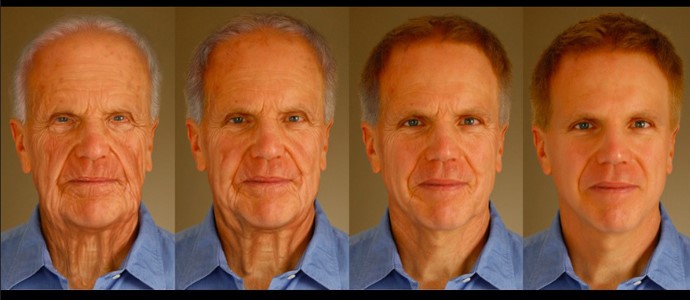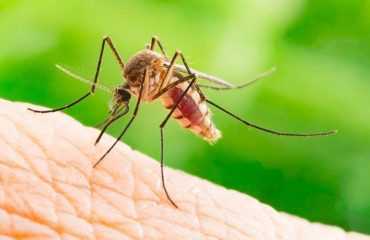Researchers from the University of Exeter in the UK have discovered a new way to regenerate inactive senescent (older) cells. They found that proteins called “splicing factors” turn off as we age but can be switched back on with chemicals, making senescent cells not only look physically younger, but also behave like young cells and start dividing.
The study, published in the journal, BMC Cell Biology, found that simple compounds, resveratrol analogues, were effective in switching back on a major class of genes that switch off as we age.
This may be one reason why tissues and organs become susceptible to disease. However, splicing factors ensure that genes perform their tasks. One gene can send out several messages to the body’s cells to perform a function — such as whether or not to grow new blood vessels— and the splicing factors are central to the activity. However, with age, splicing factors work less efficiently or not at all, inhibiting the gene’s ability to send messages and the cell’s ability to respond.
Incidentally, this magical compound, resveratrol, is already part of our daily lives. It is found in red wine, dark chocolate, red grapes and blueberries. Resveratrol has also been shown to be an effective antioxidant that can activate SIRT1—a gene that controls metabolism and inflammation.
If you are considering taking resveratrol supplements, be warned; no one knows how much you may have to take to see any results. And, if you are on blood thinners or take NSAIDS, the combination of the two may be very harmful and can lead to increased bleeding. Always consult your doctor, when considering supplements and proper dosage.
But how can we avoid some of the detrimental effects of ageing now? By the age of 85, most people have some kind of chronic illness, and are more prone to stroke, heart disease and cancer. Aside from regular exercise and a healthy diet there isn’t much else to do. That’s why this discovery may not only change the way we look at ageing but also may lead to therapies that will help people live longer and experience a healthier life. Something to truly look forward to!
Strategic Communications Professional/Content Strategist/Marketing Communications Consultant




